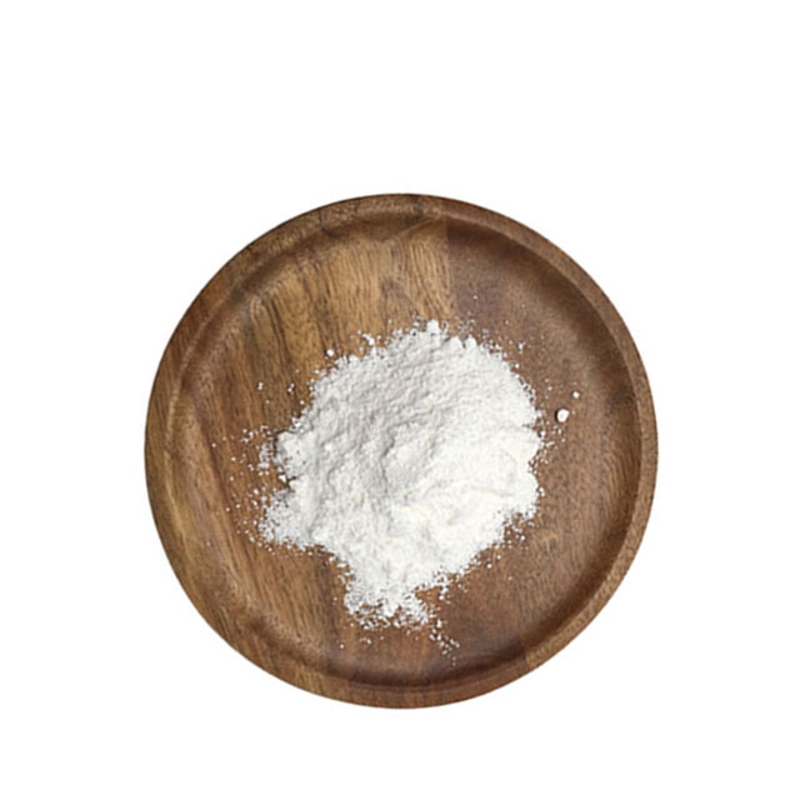-
Categories
-
Pharmaceutical Intermediates
-
Active Pharmaceutical Ingredients
-
Food Additives
- Industrial Coatings
- Agrochemicals
- Dyes and Pigments
- Surfactant
- Flavors and Fragrances
- Chemical Reagents
- Catalyst and Auxiliary
- Natural Products
- Inorganic Chemistry
-
Organic Chemistry
-
Biochemical Engineering
- Analytical Chemistry
- Cosmetic Ingredient
-
Pharmaceutical Intermediates
Promotion
ECHEMI Mall
Wholesale
Weekly Price
Exhibition
News
-
Trade Service
probiotics can be a confusing thing for consumers. Food and nutrients with probiotic ingredients are on the market, and it's not so easy to decide whether to use or buy them.
Patricia Hibberd
, a pediatrician, points out that there is a misconception about the use, benefits and role of probiotics in improving health and treating diseases. Hibbard is also the director of global health at Massachusetts Children's General Hospital in Boston, studying probiotics in children and the elderly.part of the problem with probiotics, she says, is the way they are advertised. No nutrients or foods containing these bacteria have been shown to prevent or treat a particular disease, but manufacturers are allowed to make health claims in a broad sense. For example, food producers can claim that their products are "digestive," but this is a vague expression that is not clearly defined.no nutrients or foods containing the so-called
" have been shown to have the effect of preventing or treating a particular disease. (Photo source:
thaimedicalnews.com
)questions remain to be answered about probiotics. Despite the promising prospects for in-depth research into these products, the results have yet to surface. These include the specific need to consume a large number of probiotic products to have a visible beneficial effect on human health, how probiotics work in the body, and what kind of microorganisms in a particular physical condition, which microorganisms are most effective."people don't understand the nuances between different organisms. When a patient seeks advice from a doctor, it's difficult for a doctor to choose the right one from all the probiotics, Hibbard said.to separate facts from assumptions, here are five myths about probiotics in food and nutrition.Myth 1
:
probiotic nutrients are basically the same."This is completely wrong. In , every probiotic nutrient available on the market is different from the other, says Mr. Gershbad. Some probiotic products contain only a single strain, while others contain several. Different strains in the same strain may be different and may have different health effects.of microorganisms also vary greatly from product to product. Because these different organisms may have different effects on the body, it is difficult for scientists to determine their exact health benefits and how they work.have not studied hundreds of probiotic species, researchers have yet to study them all. "We need to understand the important characteristics that certain probiotics have that help prevent or treat disease." Hibbard said.Myth
2
: Probiotics can replace medicationAlthough some people may prefer natural remedies, the study of probiotics is intended to work with, rather than replace, medication with them.I would never advocate stopping medication and switching to probiotics, " he said. "Instead, people should use probiotics as an aid to their existing treatment procedures, or as a preventive tool, so that in the future they may not be able to take a step forward in drug treatment. Myth3
:
number of microorganisms is provided on the labels of food and nutrients this is not always the case. Food labels don't usually tell consumers how many bacteria are in their food, they may simply label the food as containing "active bacteria." The ingredients list may provide more information about probiotics in food, such as their genus and species name.that there are definitely probiotic products that do not provide real or exact microbial ingredients. In general, high-quality nutrients produced by regulated producers provide a relatively reliable number of microorganisms and indicate the genus, species and strain names of probiotics. But some nutrients may only provide "the number of live bacteria in the product at the time of production" - which does not guarantee that the number of live bacteria will remain the same when you buy or take the product.some products that do not contain active bacteria also produce probiotics on the label, or label the probiotic content is higher than the actual.
2013
, an independent survey by
ConsumerLab.com
found that
5
of the
19,
probiotic nutrients actually contained fewer microbes than claimed. Some products contain only
56% of the probiotic content on the ingredients list
, and the lowest is only the
16%
. myth
4
: Most yogurts are a good source of probiotics " Just because it's yogurt doesn't mean the probiotics are in there. Hibbard said. Some yogurts with "active bacteria" on their ingredient lists do offer billions of probiotics, but not all yogurts do. all yogurts containing active bacteria contain
Bulgarian Lactobacillus
) and
Streptococcus thermophilus
), but some producers add other probiotics such as lactobacillus
L. acidophilus
), lactobacillus
L. rhamnosus
) and lactobacillus
L. casei
). Myth
5
: Ingesting probiotics helps prevent colds Says Hibbard, who says people often seek products that help their immune systems function to reduce their risk. Although some preliminary data suggest that probiotics may help protect against colds, she says there are no strong experimental results to support this view. "We don't have any evidence. Mr Hibbard said. Researchers are still trying to find specific mechanisms by which probiotics benefit the immune system and to find out more broadly what conditions probiotics are most effective in. (Editor:
Calo
)
(
Far Chishan
/
translation,
fruit shell network
)







